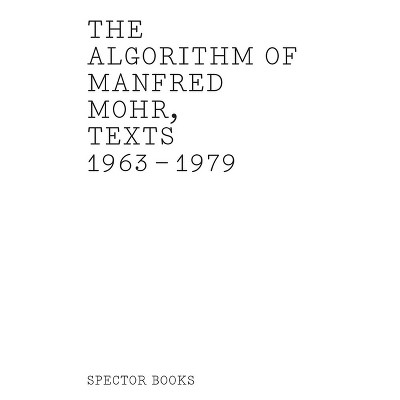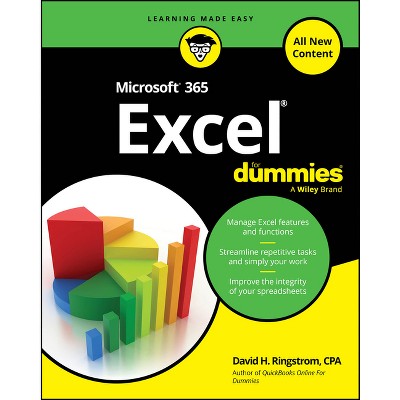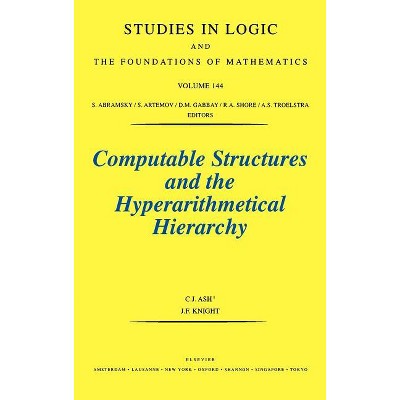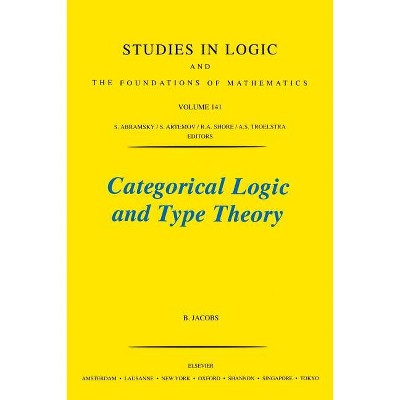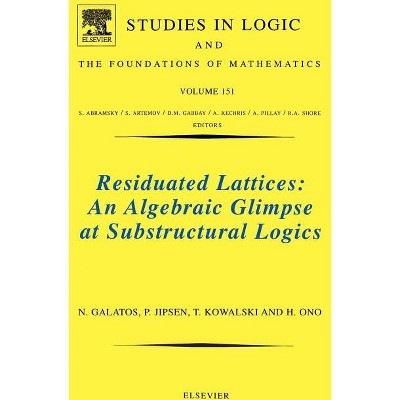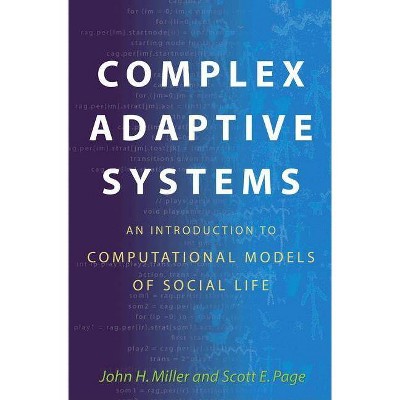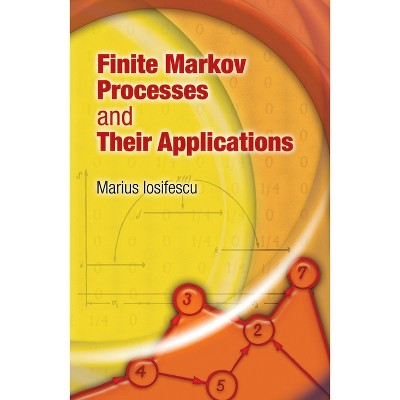Sponsored

Computational Complexity: A Quantitative Perspective - (North-Holland Mathematics Studies) by Marius Zimand (Hardcover)
$210.00
In Stock
Eligible for registries and wish lists
Sponsored
About this item
Highlights
- There has been a common perception that computational complexity is a theory of "bad news" because its most typical results assert that various real-world and innocent-looking tasks are infeasible.
- Author(s): Marius Zimand
- 352 Pages
- Computers + Internet, Information Theory
- Series Name: North-Holland Mathematics Studies
Description
Book Synopsis
There has been a common perception that computational complexity is a theory of "bad news" because its most typical results assert that various real-world and innocent-looking tasks are infeasible. In fact, "bad news" is a relative term, and, indeed, in some situations (e.g., in cryptography), we want an adversary to not be able to perform a certain task. However, a "bad news" result does not automatically become useful in such a scenario. For this to happen, its hardness features have to be quantitatively evaluated and shown to manifest extensively.The book undertakes a quantitative analysis of some of the major results in complexity that regard either classes of problems or individual concrete problems. The size of some important classes are studied using resource-bounded topological and measure-theoretical tools. In the case of individual problems, the book studies relevant quantitative attributes such as approximation properties or the number of hard inputs at each length.One chapter is dedicated to abstract complexity theory, an older field which, however, deserves attention because it lays out the foundations of complexity. The other chapters, on the other hand, focus on recent and important developments in complexity. The book presents in a fairly detailed manner concepts that have been at the centre of the main research lines in complexity in the last decade or so, such as: average-complexity, quantum computation, hardness amplification, resource-bounded measure, the relation between one-way functions and pseudo-random generators, the relation between hard predicates and pseudo-random generators, extractors, derandomization of bounded-error probabilistic algorithms, probabilistically checkable proofs, non-approximability of optimization problems, and others.The book should appeal to graduate computer science students, and to researchers who have an interest in computer science theory and need a good understanding of computational complexity, e.g., researchers in algorithms, AI, logic, and other disciplines.Review Quotes
"This book analyzes quantitative aspects of some of the most important results in computational complexity. It will benefit most the reader who already knows the basic tenets of complexity and wants to find out more about it than what is covered in standard courses." --Gerhard Lischke
Dimensions (Overall): 9.46 Inches (H) x 6.74 Inches (W) x .73 Inches (D)
Weight: 1.67 Pounds
Suggested Age: 22 Years and Up
Number of Pages: 352
Genre: Computers + Internet
Sub-Genre: Information Theory
Series Title: North-Holland Mathematics Studies
Publisher: Elsevier Science
Format: Hardcover
Author: Marius Zimand
Language: English
Street Date: July 7, 2004
TCIN: 94587113
UPC: 9780444828415
Item Number (DPCI): 247-41-1691
Origin: Made in the USA or Imported
If the item details aren’t accurate or complete, we want to know about it.
Shipping details
Estimated ship dimensions: 0.73 inches length x 6.74 inches width x 9.46 inches height
Estimated ship weight: 1.67 pounds
We regret that this item cannot be shipped to PO Boxes.
This item cannot be shipped to the following locations: American Samoa (see also separate entry under AS), Guam (see also separate entry under GU), Northern Mariana Islands, Puerto Rico (see also separate entry under PR), United States Minor Outlying Islands, Virgin Islands, U.S., APO/FPO
Return details
This item can be returned to any Target store or Target.com.
This item must be returned within 90 days of the date it was purchased in store, shipped, delivered by a Shipt shopper, or made ready for pickup.
See the return policy for complete information.
Frequently bought together
Trending Computers & Technology Books

$7.99
Buy 1, get 1 50% off select books
5 out of 5 stars with 1 ratings





